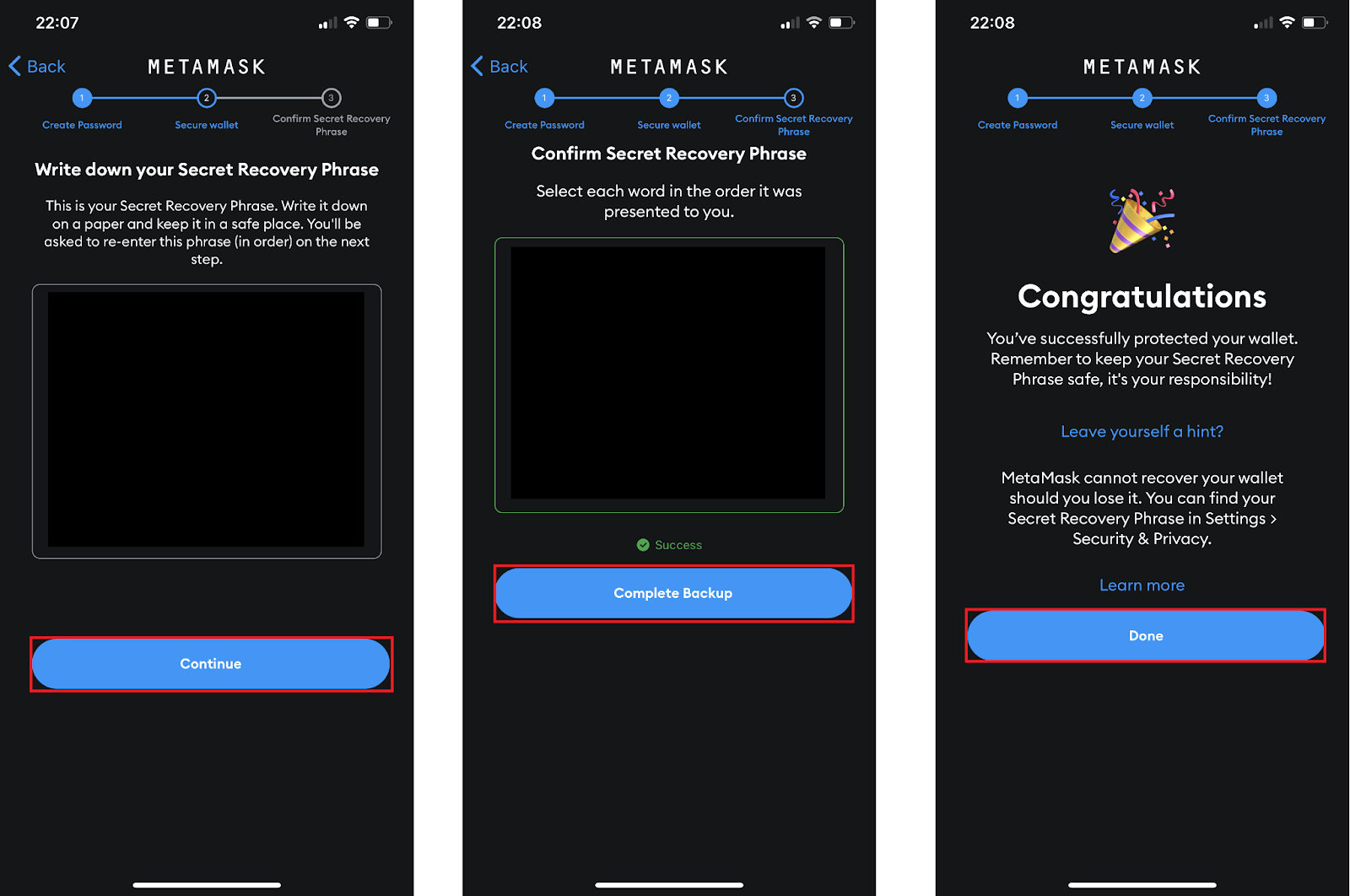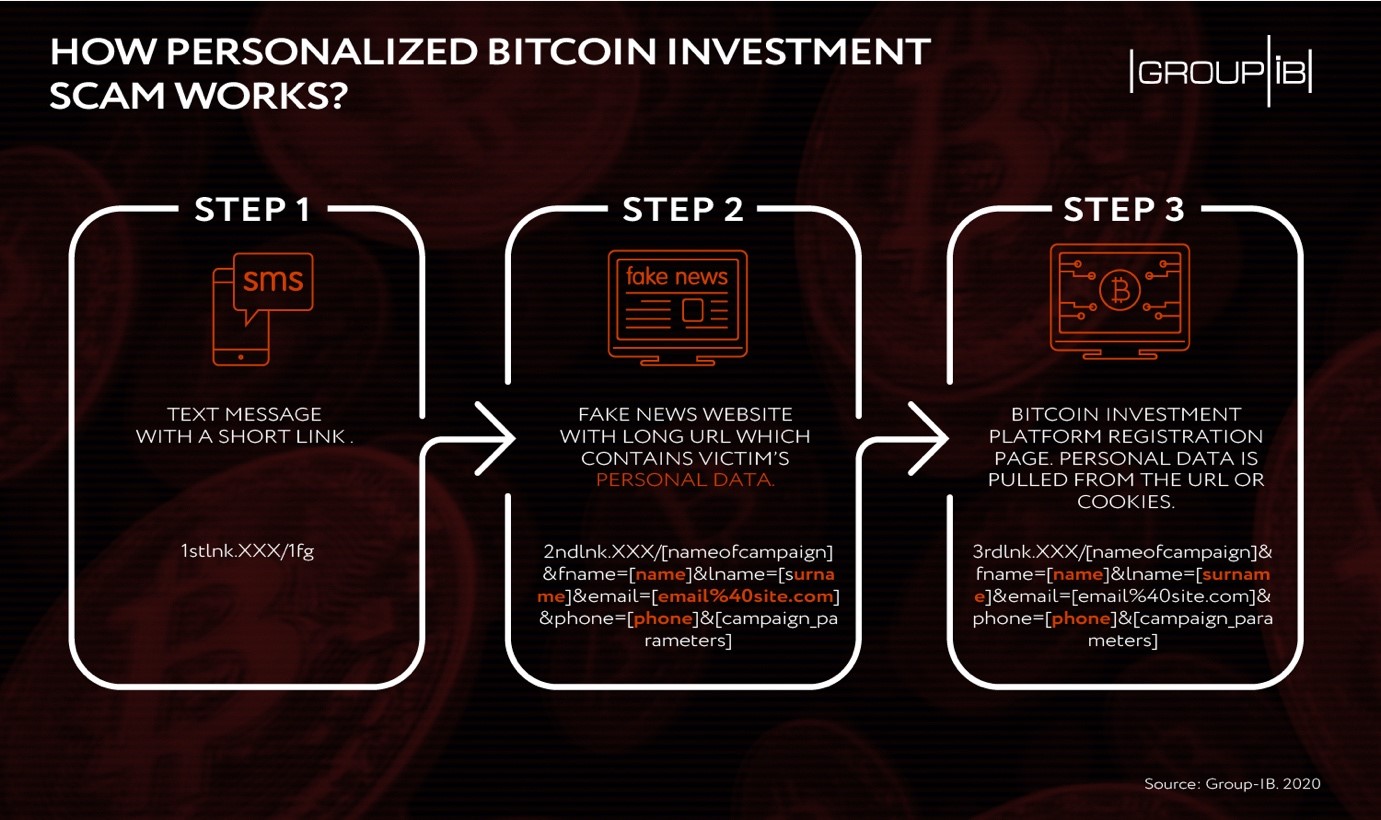
Daily fantasy sports (DFS) is entering a new era as Web3 technologies overhaul the fundamentals of gameplay, payouts, and participation. The migration from centralized, permissioned platforms to decentralized, blockchain-powered DFS is more than a technical upgrade, it’s a paradigm shift that unlocks instant payouts, privacy-first onboarding, and borderless betting for sports fans worldwide.

Instant Payouts: From Days to Seconds
Legacy DFS operators are notorious for slow withdrawal processes. Players often wait hours or even days to see winnings reflected in their accounts due to banking bottlenecks and manual verification. Web3 DFS platforms flip this script by leveraging smart contracts for real-time settlement. As soon as contest results are verifiable on-chain, winnings are distributed directly to users’ crypto wallets, no middlemen, no delays.
This isn’t just theoretical: leading platforms like Dexsport and Azuro have already implemented automated payouts using Ethereum and other top blockchains. The result? Users experience transparent transactions with cryptographic proof of fairness and immediate access to funds. For high-volume or professional players, this efficiency is a game-changer, capital can be recycled instantly into new contests or withdrawn without friction.
No KYC: Privacy-First Participation
The traditional DFS model requires intrusive Know Your Customer (KYC) checks, scanning IDs, submitting documents, and waiting for approval. This not only slows onboarding but also exposes sensitive personal data to potential breaches. No KYC sports betting, now possible thanks to Web3 protocols, allows anyone with a crypto wallet to play anonymously.
This privacy-centric approach is gaining traction across the crypto betting landscape. Dexsport sits atop industry rankings precisely because it enables users to connect via MetaMask or email, no government ID required. Similarly, Azuro’s streamlined wallet integration means players can join contests in seconds while retaining full control over their identity and funds.
- User Data Security: With no personal info stored on centralized servers, the risk of hacks or leaks is dramatically reduced.
- Simplified Access: No paperwork or approval queues; just connect your wallet and play.
- Anonymity: Players from regions with restrictive regulations can participate freely without fear of exposure.
Borderless Betting: Truly Global Fantasy Sports
The decentralized architecture of Web3 DFS removes geographic barriers that once limited player pools and prize liquidity. Traditional DFS sites often restrict access based on jurisdictional laws or payment processor limitations; blockchain-based platforms operate globally by default.
This borderless model is powered by cryptocurrencies like Bitcoin and Ethereum, which are accepted across leading no-KYC sportsbooks, and by smart contracts that execute regardless of user location. The result: seamless cross-border deposits, withdrawals, and participation in contests featuring players from every continent.
If you’re interested in the broader impact of decentralized wagering on the sports industry, including multi-chain support and instant settlements, see our deep dive on how on-chain sportsbooks are disrupting traditional betting models:
The benefits of Web3 DFS extend beyond convenience and privacy. By eliminating intermediaries and automating results verification, these platforms dramatically reduce operational overhead, translating to lower rake, higher prize pools, and more favorable odds for players. This efficiency is especially relevant as competition heats up between decentralized DFS providers and legacy operators still burdened by manual processes and regulatory red tape.
Transparency is another key differentiator. All contest entries, scoring logic, and payouts are recorded on public blockchains, allowing anyone to audit outcomes in real time. This cryptographic auditability addresses a persistent pain point in traditional DFS: disputes over scoring or payout accuracy. With on-chain verification, trust shifts from opaque corporate processes to open-source code and community oversight.
Emerging Trends: Composability and Community Ownership
Web3 DFS isn’t just about better technology, it’s about fundamentally reimagining the player experience. Decentralized protocols enable composability, meaning that fantasy contests can be built atop shared liquidity pools, integrated with NFT-based player cards, or even governed by token-holder DAOs. This modularity unlocks rapid innovation: new contest formats, bonus structures, or cross-platform integrations can be deployed without waiting for centralized approval.
Community ownership is also gaining momentum. Rather than extracting value for shareholders, many Web3 platforms distribute protocol tokens to active users, turning players into stakeholders with voting rights over platform upgrades or revenue distribution. This aligns incentives between operators and the community while fostering a sense of collective investment in the platform’s success.
Risks and Considerations
While the upside is compelling, users should remain aware of risks unique to decentralized DFS:
- Smart Contract Security: Bugs or exploits in contract code can lead to loss of funds; stick with audited platforms.
- Regulatory Uncertainty: Jurisdictions may update laws regarding crypto gambling, always check your local regulations before participating.
- User Responsibility: Self-custody means you control your keys, and your risk if you lose access or fall victim to phishing scams.
Best Practices for Secure Web3 DFS Participation
-

Secure Your Crypto Wallet: Always connect using a trusted wallet such as MetaMask or Trust Wallet. Enable two-factor authentication and never share your private keys or seed phrases.
-

Verify Smart Contract Transparency: Participate on platforms where smart contracts are publicly auditable. Review contract addresses and audit reports, often linked on official platform websites or GitHub pages.
-

Stay Updated on Platform Status: Follow official communication channels (e.g., Twitter, Discord, Telegram) for real-time updates on platform operations, security advisories, and new feature releases.
-

Practice Responsible Bankroll Management: Set clear limits for your deposits and bets. Use platform features—like withdrawal limits or session reminders—to help manage risk and avoid overexposure.
-

Double-Check URLs and Avoid Phishing: Only access DFS platforms via verified URLs. Bookmark official sites and beware of lookalike phishing sites or suspicious links shared in unofficial forums.
The Road Ahead: Web3 DFS Goes Mainstream
The trajectory is clear: as user experience improves and liquidity deepens across decentralized platforms, Web3 daily fantasy sports will capture an increasingly global audience seeking instant payouts, privacy-first play, and borderless participation. With leading protocols like Dexsport and Azuro already delivering on these promises, and new entrants pushing the envelope on composability, the edge lies with those who embrace data-driven decision making and adapt quickly to evolving market conditions.
For fans eager to explore the next generation of fantasy sports betting, where transparency is guaranteed by code rather than corporate policy, the Web3 era offers unprecedented access and empowerment. As always in this space: numbers never lie; let’s find the edge together.







